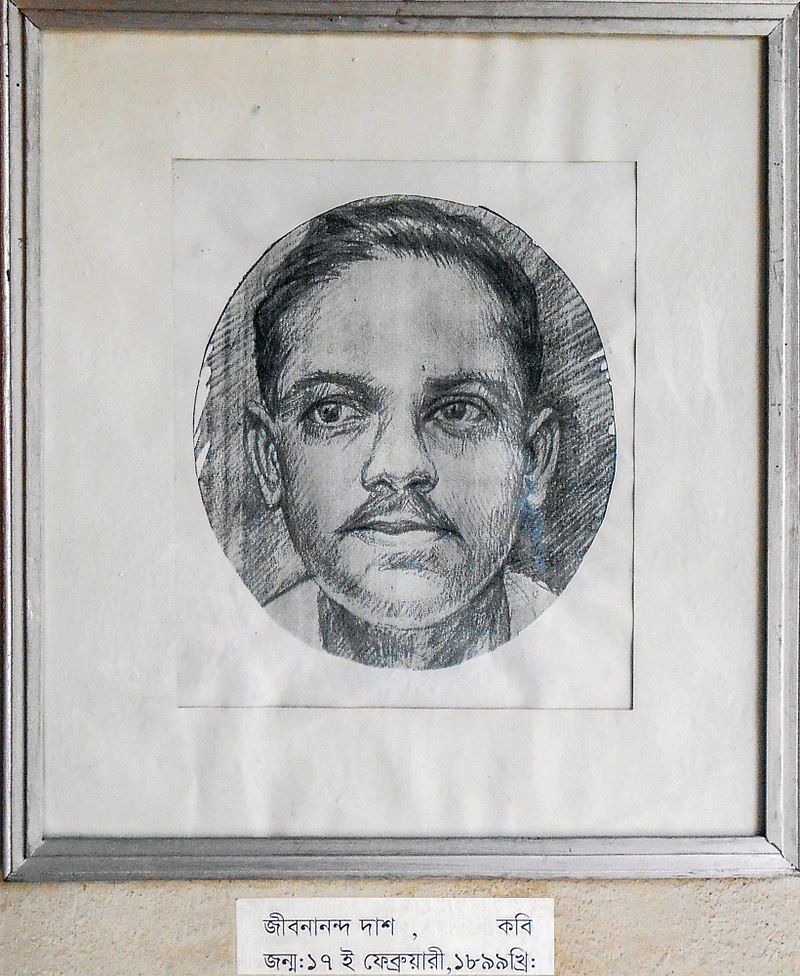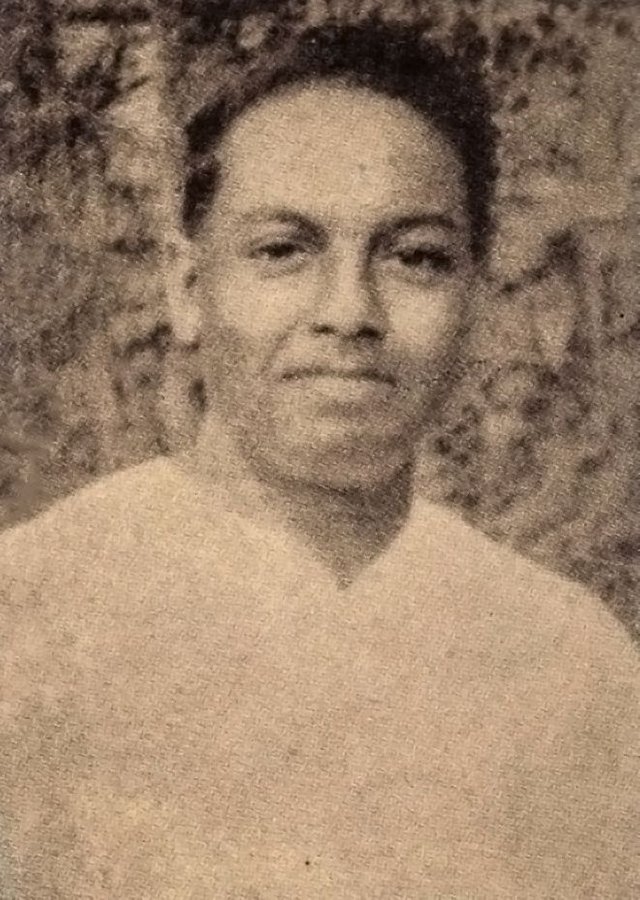The Life History of bengali literature poet Jibanananda part#1
Jibanananda Das (February 18, 1899 - October 22, 1954; Bangabandh Falgun 6, 1305 - Kartik 5, 1361) [1] was one of the major Bengali poets, writers, writers and professors of the twentieth century. He is said to be the "pure poet" of Bangla. He is among the pioneers of modernization in Bengali poetry. He began to gain popularity in the last phase of the 20th century, and in 1999, when his birth anniversary was celebrated, he became the most popular poet of Bengali literature. Although he is a poet, he has published and published several articles. However, before the sudden death of 1954, he composed 21 novels and 108 short stories, one of which was not published in his lifetime. He spent his life in extreme poverty. At the end of the twentieth century, his influence in Bengali poetry was printed unpopularly. After Tagore, he was recognized as the chief poet of Bangla language. He has been described as the correct poet of Bengali language..jpg)
Childhood
Jibanananda Das was born on 18 February 1899 in Barisal city under the Bengal Presidency (now Bangladesh) of British India. His ancestors were from Bikrampur Pargana of Dhaka district of Bangladesh. His grandfather, Sarananda Dasgupta (1838-85), shifted from Bikrampur to Barisal. Sarbananda Dasgupta was a Hindu in birth anniversary; Later, he took inspiration in Brahma religion. He participated in the early stage of Brahma Samaj movement in Barisal and was widely respected for his humanitarian work, the second son of Satyanand Das Gupta Saranand, father of Jibanananda. Satyananda Dasgupta (1863-1942) was the teacher, editor of Barisal Brajamohan School, editor of Barisal Brahmo Samaj and founder-editor of the Brahmo Samaj of Brahma Samaj.
Jusanan's mother Kusumkumari Das was a householder, but she used to write poetry. His well-known poems will be the ideal boy (in our country, when the boy will grow up to work in a big way) Jivanand was the eldest child of his parents; His nickname was Milu. His brother Ashokananda Das was born in 1908 and sister Sucratita Das was born in 1915 AD. Milu's childhood education started at his mother's house as the father was opposed to admission to school at an early age. Upon rising in the early morning, Uponisad recited his father's voice and listened to his mother's song. Though he was a shy person, he had sports, gardening, travel and swimming. In childhood, many places with uncle Once a child suffers a difficult illness. To save health, mother and grandmother traveled to Chandni Nath with lyric poets like Laxmuk, Agra, Delhi etc.
Although his title was "Dasgupta" in birth, Jibanananda started writing Das only after abducting "Gupta" at the beginning of the 30's.
Education life
His domestic name was Milu. In January 1908, eight year old Milu was admitted to Brajamohan School in Fifth grade. While in school, he started writing Bangla and English languages. At the same time he also had a tendency to paint his picture. In 1915, Matruculation (now Secondary or SSC) examination in the first division of Braj Mohan School passed. After two years, the Intermediate (Higher Secondary) examination from Brajamohan College repeats the previous results; Then he left Barisal for the admission of Calcutta University. In 1919, he received his BA degree in English from Presidency College, Kolkata. Then in the year 1921, in the second class in English from the University of Calcutta M. At the Got a degree. Then he started reading the law, but soon he renounced it.
Life of Calcutta: First Episode
Jibanananda was admitted to presidency college in Calcutta. In 1919, he obtained his BA degree in English with honors in English. Passed. In that year, his first poem was published in Brahmanbar Baishakh. The name of the poem was the year's invocation. Poetry was not printed in poetry, only honorable word was written. But his full name was printed on the index list of newspapers: Sri Jibanananda Das, BA. In 1921, he obtained his Master's degree with a second division from the University of Calcutta. At that time, he lived in Harrison Road on the Presidency Board. But before the test, he was infected with blood diseases, which hindered his preparation. In 1922, Jibanananda started teaching as a tutor in the City College of Calcutta and left the study of law.
Stay tuned to read part 2. Upvote me to encourage me so that i can complete this story.